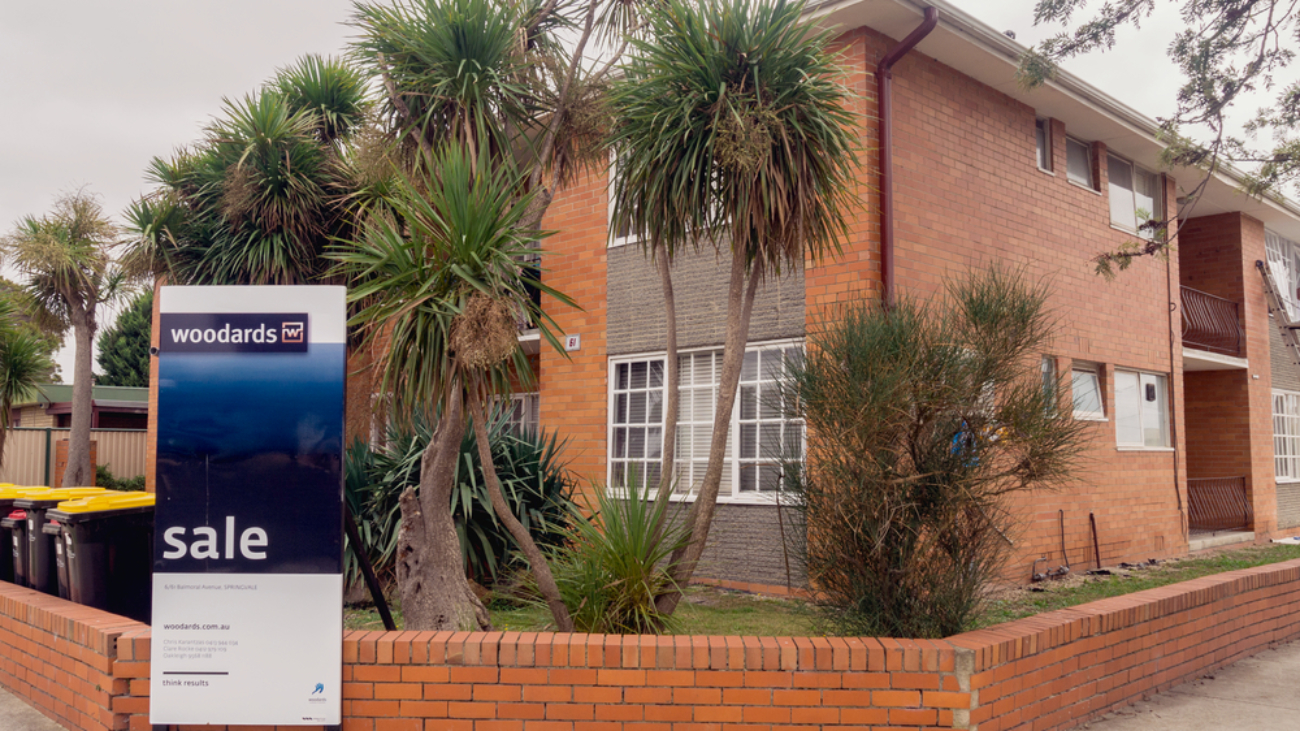 From May 1st, the laws surrounding how agents in Victoria quote properties will change. The Victorian government consulted with the Real Estate Institute of Victoria, which has resulted in changes to how properties can be both advertised and promoted.
From May 1st, the laws surrounding how agents in Victoria quote properties will change. The Victorian government consulted with the Real Estate Institute of Victoria, which has resulted in changes to how properties can be both advertised and promoted.
These changes have come about following a high-profile crackdown on agencies who underquoted last year. This sting resulted in huge penalty fines – with a record fine of $330,000 plus $80,000 towards payable costs, for one big-time agency for misleading practice between 2014 and 2015.
These new laws governing the advertising and promotion of property were passed in November 2016, and will take effect come May 2017.
To help you understand these new changes, take a look at this quick guide:
What changes in theory?
The Estate Agency Act (1980) will be updated as of May 1st. As mentioned, these changes are designed to prevent any shady underquoting from agents.
Consumer Affairs Victoria have asserted that advertising and real estate pricing can’t be misleading or deceptive.
CAV state that it’s illegal for a seller or agent to mislead consumers by any means, when marketing and advertising a property. This includes in writing, photographs or verbally. More information on the guidelines can be found on the CAV website.
What changes in practice?
New rules require that advertised residential properties be priced as:
- A single figure – i.e. $300,000.
- Or within a price range of 10% (maximum) – i.e. $300,000 to $330,000.
The advertising of properties which go beyond this 10% range will be banned. Agents and those representing a seller must also produce a “statement of Information” which is given to prospective buyers.
This statement of information for metropolitan listings will need to identify three comparable sale results. These will need to be within the past six months, and within a two-kilometre radius of the listed property.
Any agents who are dealing with rural, commercial and industrial properties, must comply with current Australian Consumer Law rules.
Any other catches?
It is now illegal to advertise a lower sale price than the seller’s auction reserve or asking price. This is applicable for adverts in print, online or verbally. This is the CAV’s definition of underquoting, and will incur a penalty if agents breach these terms.
It’s the agents responsibility to give prospective buyers an accurate opinion of pricing in a market, and a true representation of the property’s price. If this changes during a campaign, the corresponding advertising material must change to reflect this.
What if the seller doesn’t want to pay ball?
According to the new laws, vendors have the right to change their reserve price. They can even do this up to the point of signing a contract. In an ever-growing market, this means that prices can end up being higher than the price advertised by agents.
Don’t fear though, agents will not need to worry about accidentally breaking the law here.
If a seller opts out of giving their agent a reserve price during the campaign, the agent will be compliant. This is provisional on the price not being advertised for sale at a price lower than the sales estimate; especially where the agent has provided the basis for this price.
The new laws and how they’ll be policed
CAV will employ officers who will inspect real estate agencies in Victoria for compliance. During such checks, sales documentation will be audited. Agencies may also be required to produce historical information on past sales, and quoted sales data.
These compliance officers have a range of tools at their disposal to combat agents who underquote. Warning letters, enforcing actions, injunctions and prosecutions are all part of this repertoire.
It’s worth noting that the action to be taken against those who underquote, will vary depending on the impact to the buyer, and the seriousness of the breach.

